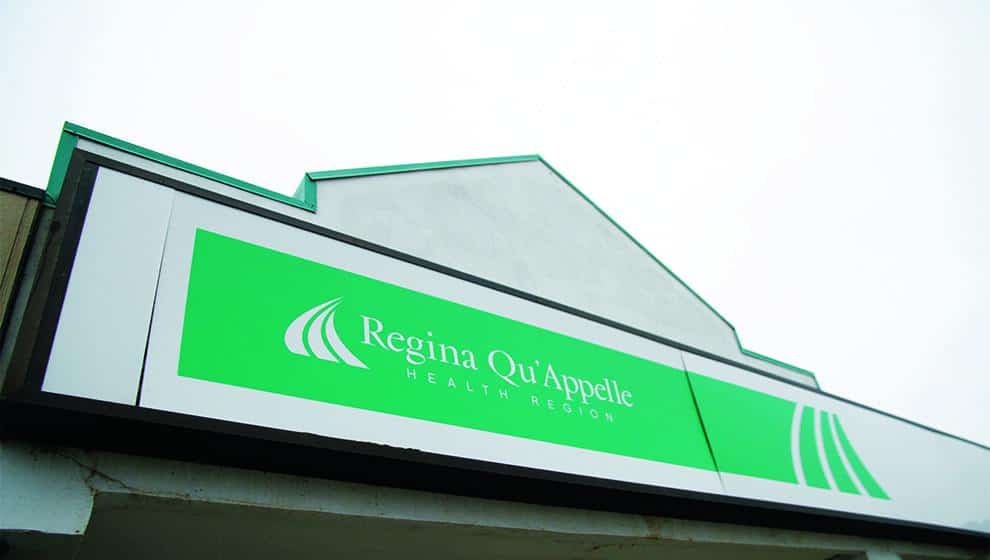RQHR detox programs remain filled to capacity

author: taylor balfour | news writer

Detox stays remain long, despite the work done by health workers in the RQHR/Ella Mikkola
RQHR providing longer detox stays to fight meth and fentanyl addiction
The Regina-Qu’Appelle Health Region [RQHR] offers two different kinds of detox and, based on trends emerging from the city over the course of the past few months, those in need seem to be taking longer stays at rehabilitation centres. However, this is not as positive of a result as it may sound. The reason why patients have been staying longer is due to the use of more serious drugs, such as crystal meth and fentanyl, requiring their stay to be anywhere between six to ten days to pass withdrawal symptoms with the CBC reporting that an average stay for a patient is about 14 days total. In an interview with the CBC, Troy Neiszner who is manager of the detox centre, claims that the 45 beds they have are almost always filled to capacity.
RQHR offers two different kinds of detox programs: the Brief Detox Program and the Social Detox Program. The Brief Detox can last up to 24 hours, RQHR’s website stating that it allows patients “time to rest and recover from the effects of intoxication or drug abuse” and that the program “may be an alternative to spending the night in Regina Police Service cells or going to the hospital.” An alternative option is their Social Detox Program, which they claim an “average length of stay” would be six days. However, when speaking with the CBC, Neiszner claimed that they are not “hurrying people out the door” after the six days of the program have passed. Neiszner notes that, “we want to provide the right service to the patient at the time that they need it.”
However, there are positives to patients remaining in the longer programs. The Social Detox Program is described on RQHR’s brochures as being “where patients often begin or reconnect with their recovery process.” They also include having paramedics, offering withdrawal medication “for patients that meet the criteria” and holding addictions counselling to those who wish to take it.
People being treated for drug issues is a positive in the long run for the city. Earlier this month, the Regina Police Service [RPS] reported a spike in more violent crime with weapons linked with the use of crystal meth and fentanyl. Dean Rae, acting chief for RPS, said in a statement, “We’ve talked about fentanyl and the effects on our community in the last number of years, as well as crystal meth, as likely the biggest driver of these things.”
While crime is an issue for the city, the Leader-Post reported earlier this month that tips given to Crime Stoppers, the city’s anonymous crime tip organization aimed to help assist RPS with crimes, “increased by 6.6 per cent” from 2015, which resulted in 1,088 tips year round.
So, does this mean that longer detox stays for those suffering with addictions to crystal meth and fentanyl is a positive for the city? While the situation has both pros and cons, the most important fact is that those suffering are being offered help for as long as they need to get back on their feet again.









